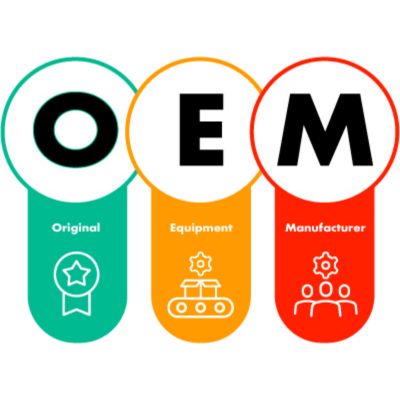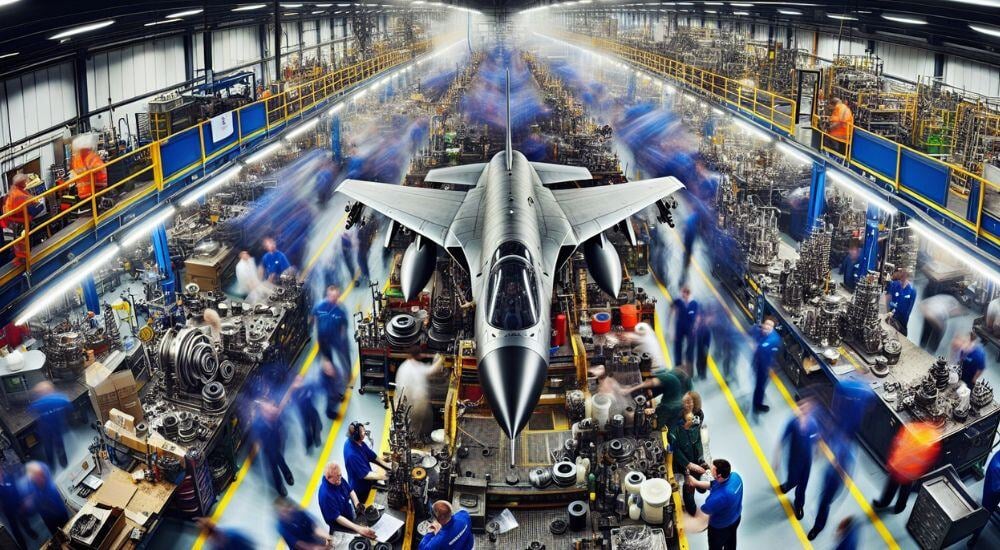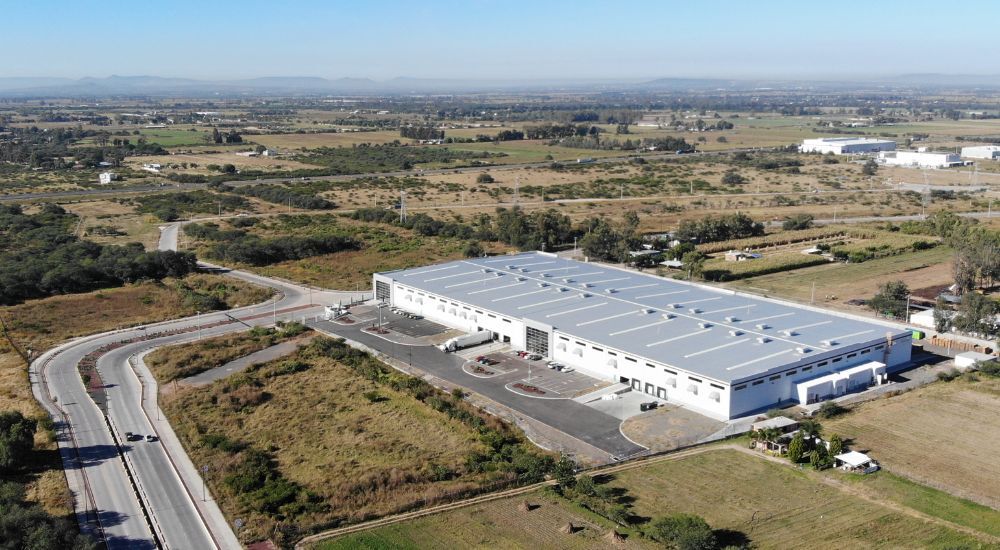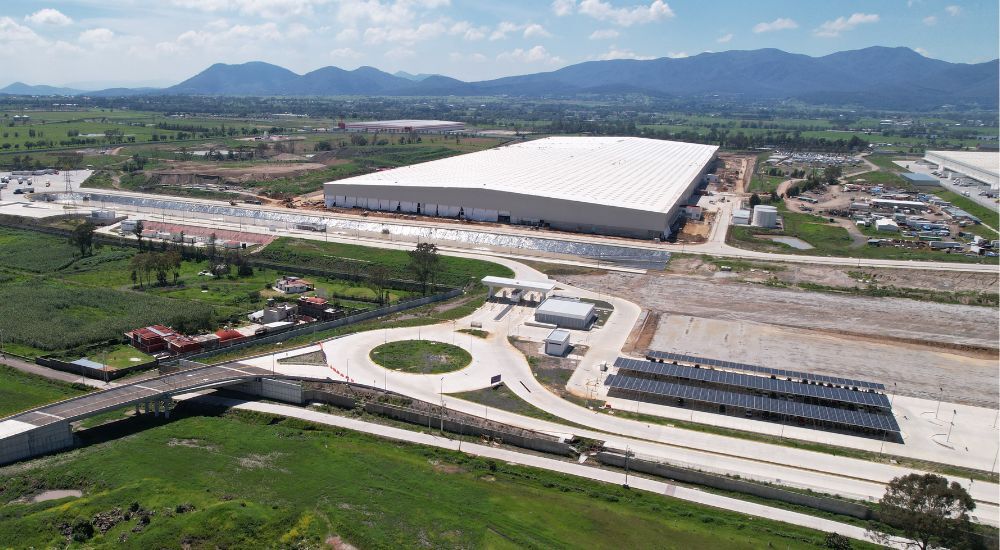Mexican auto parts industry: adapting to the electrification era
23/07/2024In the context of nearshoring in Mexico, data from the National Institute of Statistics and Geography (INEGI) show an upward trend since 2016 in the sales of electric cars and alternative energy vehicles in the country.
This has led to the adaptation of the supply chain, including auto parts.
Beyond this, automotive manufacturing in Mexico has grown in recent decades due to the installation of assembly plants for different OEMs (Original Equipment Manufacturers).
Assemblers take advantage of the benefits of nearshoring for the country by leveraging:
- The skilled workforce.
- The supply chains to distribute components.
- The tariffs for exporting to the United States market.
This motivates a shift in the nearshoring vs. offshoring dynamic, with Asia having concentrated manufacturing operations for decades.
Asian manufacturers, like American and European brands before them, have been relocating activities in different areas of Mexico to improve their chances of competing in new markets.

As Ford and General Motors did in the early decades of the 20th century, European factories such as Volkswagen arrived in the country in the 1960s.
Nissan began operations in Aguascalientes in the 1970s.
More recently, Chinese manufacturers like JAC (Jiangsu Automotive Company), BYD, or BAIC (Beijing Automotive Industry Holding Company) have established themselves in Hidalgo and Veracruz, following KIA from South Korea with its infrastructure in Nuevo León.
With the increase in sales of electric cars and alternative energy vehicles in Mexico and worldwide, the strategy of automakers and their suppliers involves using the nearshoring dynamic and the trend of company relocation.
Sales of Electric and Hybrid Cars in Mexico 2016-2023
| Year | Electric cars | Hybrid plug-in cars | Hybrid cars | Total |
| 2016 | 233 | 519 | 7,113 | 7,865 |
| 2017 | 234 | 956 | 10,624 | 11,814 |
| 2018 | 203 | 1,756 | 16,015 | 17,974 |
| 2019 | 314 | 1,355 | 23,637 | 25,306 |
| 2020 | 448 | 1,971 | 22,032 | 24,451 |
| 2021 | 1,139 | 4,871 | 42,444 | 48,454 |
| 2022 | 5,623 | 4,770 | 40,826 | 51,219 |
| 2023 | 14,162 | 5,779 | 54,018 | 73,959 |
Source: INEGI
By establishing in Mexico, automakers and suppliers can access the U.S. market.
The United States Department of Commerce, cited by Mexico Business News, has records showing that Mexico supplies 42.5% of the auto parts used by the U.S. automotive industry.
According to El Economista, Mexico ranks seventh among the world's leading automobile manufacturers.
In this context, the increase in the use of electric vehicles in both countries drives changes in the supply chain of Mexican automotive manufacturing, and opting for electromobility allows the country to adapt to this market.
According to the international consultancy Mordor Intelligence the value of the electrification market in Mexico is close to $500 million.
Meanwhile, Statista states that the compound annual growth rate for the sector ranges between 17% and 18% and is expected to maintain that pace until reaching nearly US $1,000 million by 2028.
Auto parts suppliers, a key factor in nearshoring
The already established supply chain has driven the growth of the automotive industry in recent decades.
Yearly export value of auto parts from Mexico to the United States
| Year | Value |
| 2016 | US $25,600 million |
| 2017 | US $31,600 million |
| 2018 | US $32,900 million |
| 2019 | US $36,400 million |
| 2020 | US $34,400 million |
| 2021 | US $40,500 million |
| 2022 | US $46,400 million |
| 2023 | US $48,100 million |
Source: census.gov
The presence of assemblers is due to the access to Tier 1, Tier 2, and Tier 3 suppliers, which have created other automotive centers in the country, especially in the Bajio region. According to the National Auto Parts Industry (INA), production reaches over US $100,000 million including exports.
Yearly export value of auto parts from Mexico to the United States
Suppliers send parts to regions such as Aguascalientes, San Luis Potosí, Nuevo León, or Puebla, where there are factories of various groups:
- Nissan
- FCA (Fiat Chrysler Automobiles)
- General Motors
- Volkswagen
- Ford
- JAC
- BMW
- BAIC
Regions like the Guanajuato industrial park are also important in this scheme and in the dynamics of industrial real estate.
The availability of logistical infrastructure via rail facilitates access to manufacturing locations in the Bajio automotive cluster.
Therefore, the country has attracted manufacturers of parts ranging from drive shafts and wiring to glass, belts, and energy management system components.
The challenge: supporting activities in a new scenario
Automobile manufacturers face a new challenge: after decades of working with traditional and non-renewable energies, the world is moving daily towards a new era where electrification is vital.
The industry is changing its frameworks to adapt to electrification; fortunately for Mexico, it’s easier for assemblers to adjust their activities to the supply chains they already work with.
The expected arrival of Tesla's factory in Nuevo Leon (recently cancelled) is an example of this dynamic. The electric vehicle manufacturer sought a location to access different suppliers with technical capability and low prices, to establish itself near the U.S. market.
Electrification is expected to alter the dynamics of the automotive industry, and having the opportunity to receive components from established suppliers can be a crucial aspect for OEMs deciding where to set up operations.
This could lead Mexico to scale up in the global electric vehicle industry.
Lithium: the key to supporting the future
Historically, electromobility had been relegated to the background due to technical factors related to each vehicle’s range and the instability of materials used in the development of electric cars.
Batteries are a prime example: technological advancements have made lithium a crucial element for manufacturing batteries that drive market growth. Mexico has significant reserves of this material.
The growth of the automotive industry in Mexico and the existing production centers open the door to a new phase where established operational frameworks allow the country to maintain its relevance.
In a landscape of nearshoring vs. offshoring, Frontier Industrial offers industrial buildings for rent and land for sale in Mexico’s central industrial regions.
Class A infrastructure in key areas such as the industrial park in Guanajuato helps Mexican and foreign companies establish themselves in a country that provides access to the U.S. market.
Contact us for more information and to check availability.



-1.png?width=800&height=899&name=Dise%C3%B1o%20sin%20t%C3%ADtulo%20(30)-1.png)



